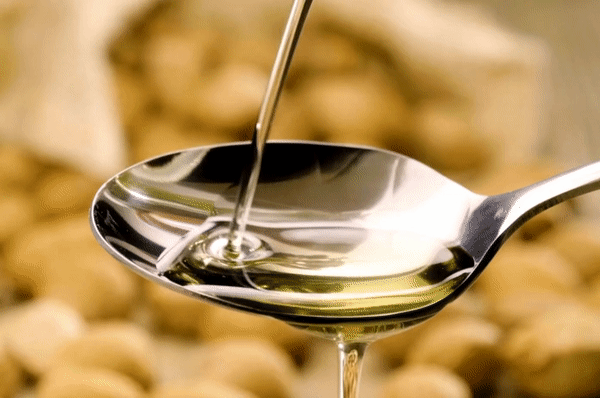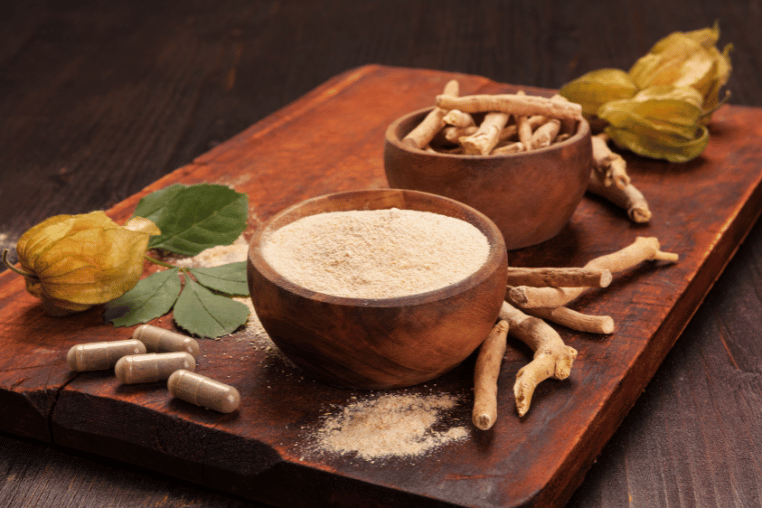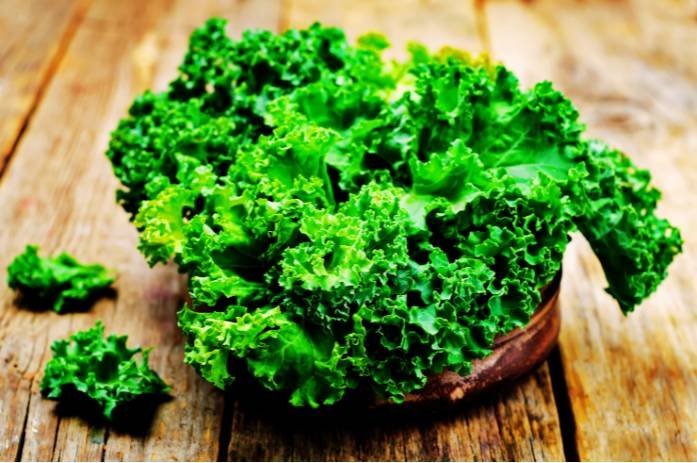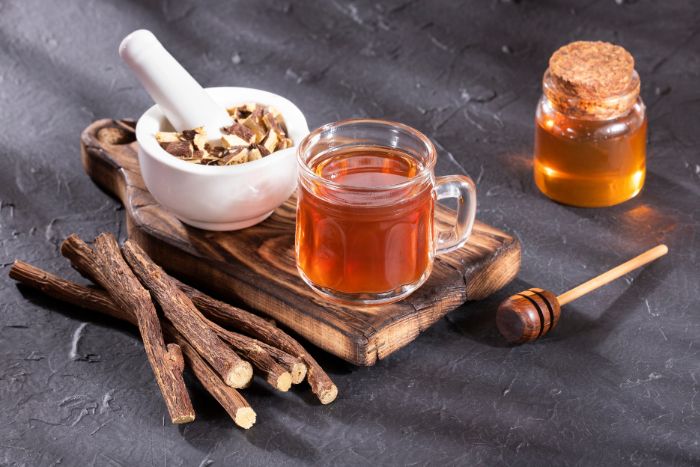
Certified Dietitian
Introduction
Maintaining healthy blood pressure is vital for promoting the overall well-being of your cardiovascular system. Your heart, the remarkable engine that powers your body, relies on optimal blood pressure levels to efficiently circulate oxygen and nutrients throughout your system. Fortunately, nature offers an array of nutrient-rich foods that can play a pivotal role in nurturing your heart’s health. We’ll delve into the world of heart-friendly foods that possess the unique ability to positively influence your blood pressure levels. By understanding the benefits of these nutritional powerhouses, you’ll be equipped with valuable insights to make informed dietary choices that support your heart’s vitality. So, let’s embark on a journey to explore the exceptional benefits of five foods that have earned their place as champions of cardiovascular wellness. Whether you’re seeking to proactively manage your blood pressure or simply enhance your heart’s resilience, these dietary additions hold the key to a heart-healthy lifestyle. Join us as we uncover the science behind their effects, explore their nutritional profiles, and unravel the intricate ways in which they contribute to maintaining your blood pressure within the optimal range.
Dark Leafy Greens: Nature’s Blood Pressure Regulator
Dark leafy greens, such as spinach, kale, and Swiss chard, are more than just a vibrant addition to your plate—they’re a treasure trove of essential nutrients. These greens are particularly rich in potassium, a mineral that plays a pivotal role in maintaining fluid balance within your body. When you consume excess sodium, often found in processed foods, your body retains water, leading to increased blood volume and elevated blood pressure. Potassium steps in as the ultimate regulator, counteracting sodium’s effects and supporting healthy fluid balance. By including dark leafy greens in your diet, you’re not only enjoying a symphony of vitamins, minerals, and antioxidants but also empowering your blood vessels to relax and promote efficient blood circulation.
Berries: Tiny Powerhouses of Heart Health
Berries, including blueberries, strawberries, and raspberries, are remarkable for their stunning hues and equally remarkable nutrient profiles. These gems are loaded with flavonoids, a class of antioxidants celebrated for their ability to combat oxidative stress and inflammation. The secret behind their heart-protective prowess lies in their capacity to enhance blood vessel function. Flavonoids help endothelial cells—the cells lining blood vessels—maintain their flexibility and function, enabling them to efficiently regulate blood pressure. Additionally, the anthocyanins in berries are linked to improved arterial health and reduced stiffness. By indulging in a variety of berries, you’re not only treating your taste buds but also nourishing your heart with a diverse array of antioxidants that bolster its well-being.
Beets: The Blood Pressure-Friendly Root
Beets boast a natural vibrancy that extends beyond their color—they’re a powerhouse of nitrates. These compounds are converted into nitric oxide within your body, a molecule revered for its vasodilatory effects. Nitric oxide signals blood vessels to relax and widen, facilitating smoother blood flow and a reduction in blood pressure. Additionally, beets are a source of dietary nitrates, which have been linked to improved exercise performance and reduced blood pressure levels. By welcoming beets onto your plate, you’re embracing a root vegetable that goes beyond its earthy flavor, offering a tangible way to support your heart’s vitality.
Oats: Fiber-Packed Heart Health
Oats are not only a comforting breakfast staple but also a testament to the power of soluble fiber. This type of fiber forms a gel-like substance when combined with liquid, creating a sponge that soaks up excess cholesterol in your digestive system. By reducing LDL cholesterol levels, soluble fiber aids in preventing the formation of arterial plaque, a major contributor to high blood pressure. Additionally, oats’ soluble fiber provides a sense of fullness that can curb overeating and support weight management—a factor intricately linked to blood pressure regulation. By opting for oats as part of your morning routine, you’re prioritizing heart health by promoting clear arteries and steady blood flow.
Fatty Fish: Omega-3 Rich
Fatty fish such as salmon, mackerel, and sardines are brimming with omega-3 fatty acids, renowned for their heart-boosting benefits. Omega-3s play a dual role in promoting cardiovascular wellness—they reduce inflammation and enhance blood vessel function. Chronic inflammation contributes to elevated blood pressure, and omega-3s effectively mitigate this risk by curbing inflammatory processes. Additionally, these essential fats improve the elasticity of blood vessels, enabling them to expand and contract with greater ease. This increased flexibility supports healthy blood pressure levels and optimal blood flow. By savoring dishes rich in omega-3s, you’re nurturing your heart with a natural defense against inflammation and a steadfast ally in maintaining blood pressure equilibrium.
Quick Recap
Taking care of your heart health is within reach through simple dietary choices. By embracing dark leafy greens, berries, beets, oats, and fatty fish, you’re nourishing your body with foods that support healthy blood pressure levels. Pair these foods with an active lifestyle and stress management techniques for a holistic approach to cardiovascular well-being.
FAQs (Frequently Asked Questions)
These foods can complement a healthy lifestyle but should not replace prescribed medications. Always consult your doctor before altering your medication routine.
Results may vary, but consistent inclusion of these foods, along with a balanced lifestyle, can contribute to gradual improvements in blood pressure levels.
Yes, but consult your healthcare provider before making significant dietary changes, especially if you’re on medication.
Most individuals can enjoy these foods without issues. However, if you have allergies or sensitivities, be cautious and monitor your body’s response.
Absolutely! Creating meals that incorporate these heart-healthy foods can amplify their benefits and contribute to overall well-being.

























